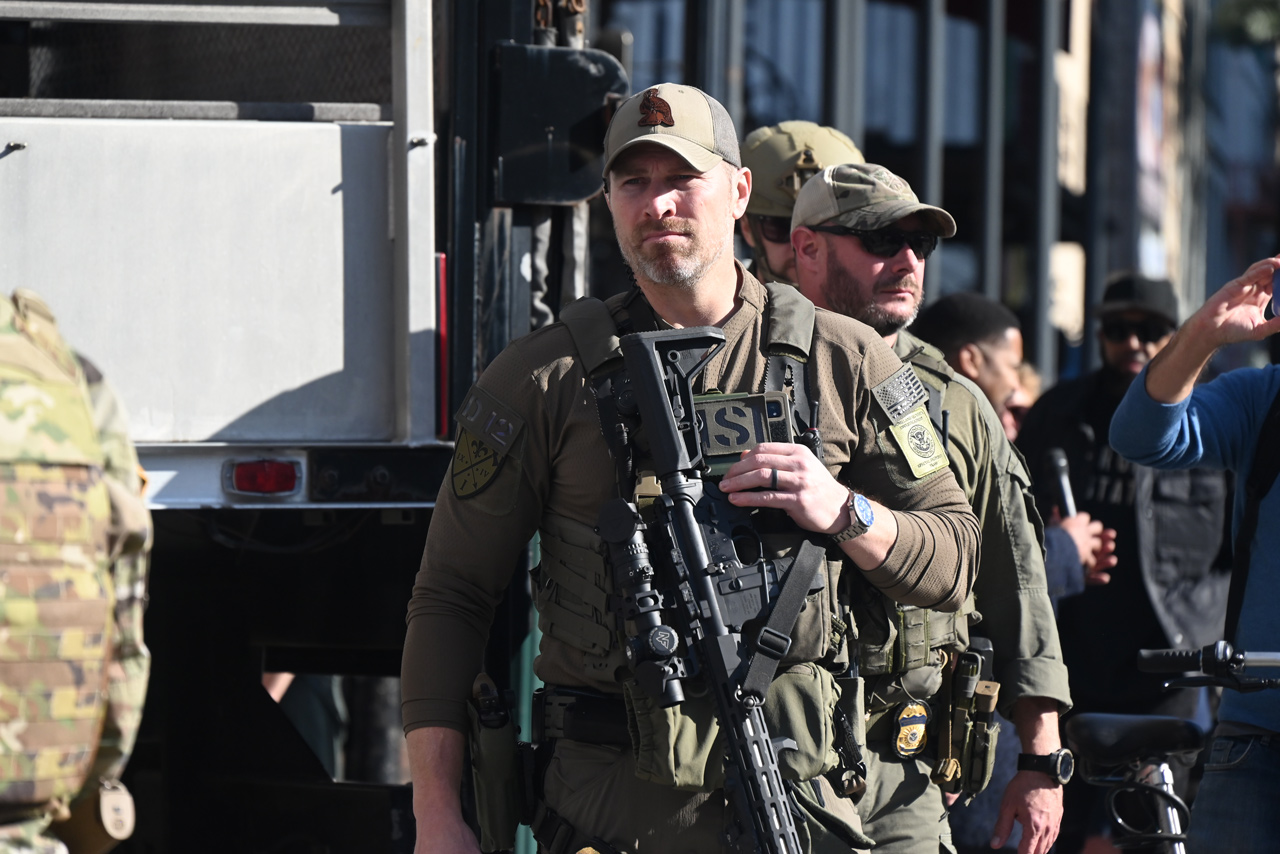During the G20 Leders Summit organized in Hangzou, China, President Recep Tayyip Erdoğan held critical meetings with leaders including Russian President Vladimir Putin, U.S. President Barack Obama and German Chancellor Angela Merkel with regard to the heated topics of Turkish foreign policy. During the meetings, Erdoğan particularly highlighted the subjects of the July 15 democracy resistance and counter-terror fight. The other discussed subjects included the third nuclear reactor (with China), the Turkish Stream project and the future of Syria (with Russia), the refugee issue and visa implementations (with Germany), the situation of the Democratic Union Party (PYD) and the extradition of Gülenist Terror Group (FETÖ) leader Fethullah Gülen (with the U.S.).
Turkey's fight against DAESH in the Azaz-Jarablus line is generally accepted by the world's leaders. However, each country is trying to estimate how far Turkey will go and endeavors to guarantee that the group they support in Syria will not come to harm. Russia does not want the Free Syria Army (FSA) to seize al-Bab and for Assad to have hard time in Aleppo. The U.S., meanwhile, is endeavoring to prevent the decline of the People's Protection Units (YPG) by Turkey directly or by means of the FSA.
HHHFrom the Syrian negotiations held at the G20 Summit and the latest developments, we could infer three main results:
By underlining that Turkey would not allow the formation of a "terror corridor" along Turkey's southern border during the meetings with leaders, Erdoğan has broadened the framework of Operation Euphrates Shield. On the 12th day of the operation, the FSA forces united the Azaz- Jarablus line. So, DAESH stopped having any contact with our border. The next phase will involve advancing this line towards the south. However, the goals of the operation are not only cleansing DAESH from the Azaz- Jarablus line and prevent the formation of the PYD corridor. The main aim is to eradicate all the terrorist organizations, including the PKK, from the Syrian border. If it is believed that the latest PKK suicide bombers came from the cantons controlled by the YPG and the PYD, the severity of the situation could be seen more clearly.
Turkey will continue to table launching operations in various forms to the region seized by the YPG and the PYD. After the Assad regime units completely depart Hasakah, discarding the positions of the terrorists leaking from cantons might gain momentum. If the U.S. cannot persuade the YPG and the PYD to withdraw to the east of the Euphrates, the Arab-PYD conflict within the Syrian Democratic Forces (SDF) might grow. Moreover, clashes between the FSA and the PYD can spread to many fronts.
Operation Euphrates Shield acts as a catalyst to revive the political resolution efforts in Syria. First, the actors in the front were mobilized. Russian and Assad's forces besieged the city center of Aleppo and started heavy bombardments. Aside from Jarablus, the FSA is also advancing in Hama. The YPG and the PKK, on the other hand, have increased their terrorist attacks to turn Turkey's interest inside the country. The Peoples' Democratic Party (HDP) Co-Chair Selahattin Demirtaş started to mention "civil resistance" that would mobilize masses through the state of imprisoned PKK leader Abdullah Öcalan's health.
It is mentioned that the U.S. and Russia are close to implementing a cease-fire again in Syria. As new developments take place in relieving Syria from DAESH, the peace talks will gain momentum for the future of the country. If DAESH loses al-Bab after Manbij, it will be backed into the regions of al-Raqqa, Deir ez-Zor and Homs and all its ties with Aleppo will be completely cut. This means that the last phase is approaching the process of cleansing DAESH from Syria.
The fate of Aleppo will determine what the new Syria looks like. The one seizing Aleppo will be able to establish dominance on the central and southern regions of Syria, which would be cleansed from DAESH. Even though the U.S. led the YPG to al-Raqqa, the final control in the region will be seized by either Assad or the FSA forces. This might reshape the balances between Assad and opponents at the negotiation table.
Russia does not object to the FSA's seizing control in northern Syria with help from Turkey. However, it wants to make a bargain on the future of Aleppo. It also wants the recess of opponents from Aleppo and wants Turkey to accept that Aleppo will be seized by Assad. However, Turkey will neither favor this position nor make the opponents accept it. Russia shows its hard power again and therefore engages in new bombardments.
So, in my opinion, Operation Euphrates Shield has mobilized the Syria equation again and accelerated the political process. It also came to light that the quelling of the July 15 coup attempt intensified Turkey's counter-terror activities both in Syria and Northern Iraq.
[Daily Sabah, September 7, 2016]









